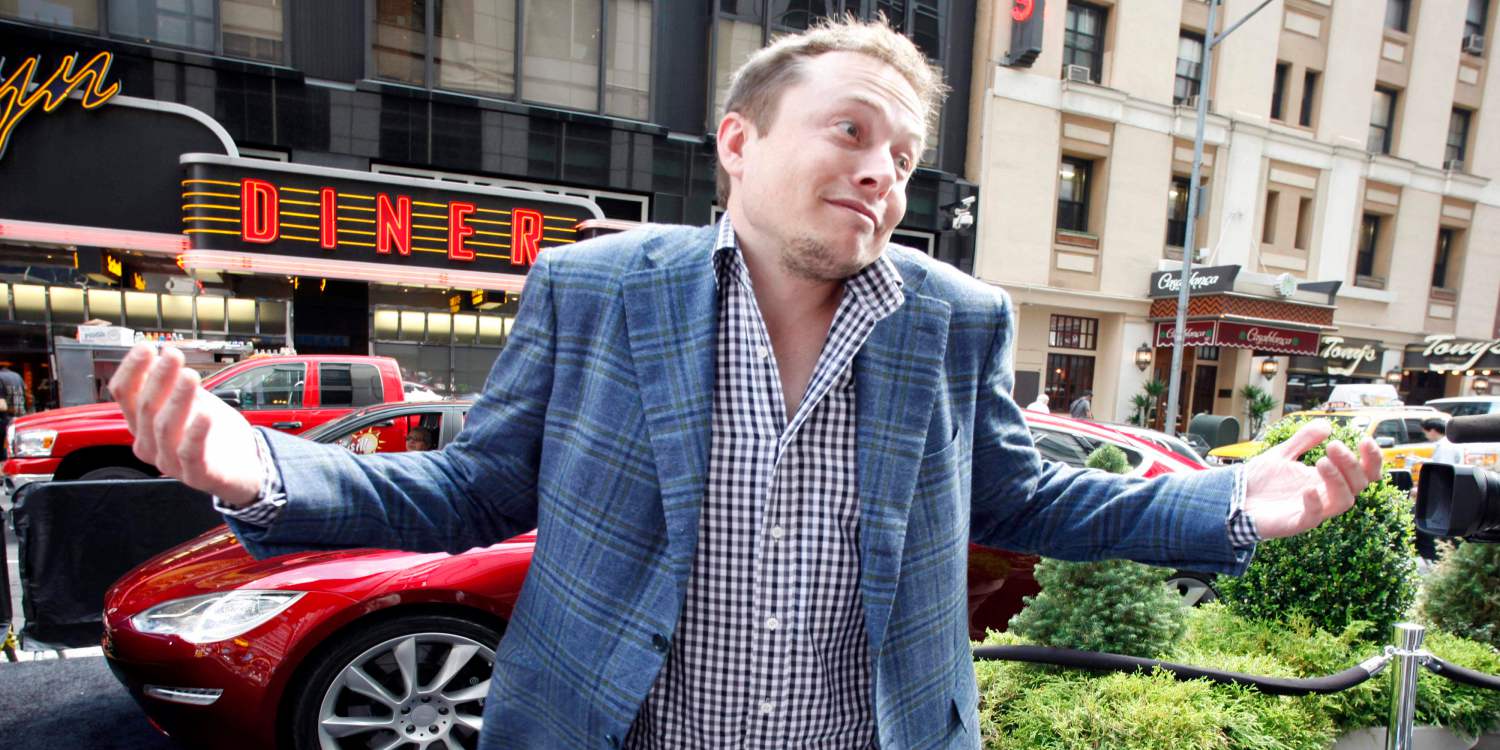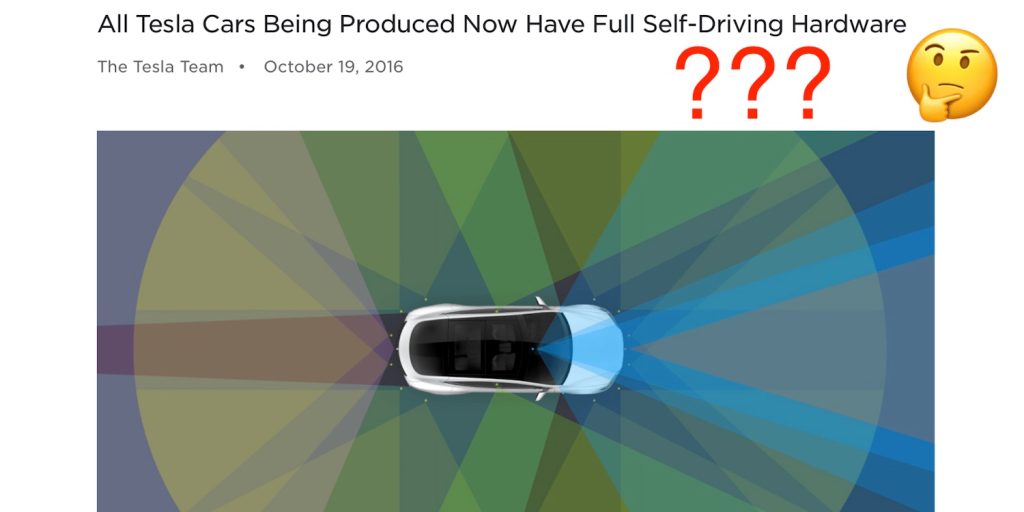
A judge has ordered Tesla to upgrade a customer’s self-driving computer for free in order to subscribe to Tesla’s Full Self-Driving program.
It’s a victory for customers frustrated with Tesla’s approach to selling self-driving to customers before achieving the capacity.
Since 2016, Tesla has claimed that all its vehicles produced going forward have “all the needed hardware” to become self-driving with future software updates.
The automaker has yet to deliver on that promise, and it also actually had to upgrade the hardware in vehicles produced since 2016.
Most notably, Tesla had to upgrade the onboard computer on which it runs its self-driving software. The new computer is known as Hardware 3.0 or FSD computer.
In compliance with its original promise that vehicles produced going forward have “all the needed hardware” to become self-driving, Tesla offered a free computer retrofit to owners who ordered the Full Self-Driving package under which Tesla was selling its self-driving capacity.
The fact that Tesla was doing the retrofit for free squashed people’s concerns over potentially needed hardware upgrades to deliver self-driving.
However, things got more complicated last year when Tesla launched its Full Self-Driving subscription package for $199 per month. Instead of outright buying the Full Self-Driving package, which now costs $15,000, Tesla owners were offered to pay $199 a month to get the features available under the package.
The problem is that for owners who didn’t have the Full Self-Driving computer retrofit, Tesla was asking for $1,500 (later reduced to $1,000) to get the computer before they could get a FSD subscription.

As we pointed out in our article about the situation, this seemed to go against Tesla’s promise of upgrading hardware for free if needed in order to achieve the self-driving capability promised since 2016.
Now a Tesla owner has successfully tested this theory in court.
Tesla Model 3 owner Ian Jordan decided to bring his complaint to small claims court in the state of Washington after his requests for a resolution to Tesla were ignored.
His Model 3 had the hardware 2.5 computer and Tesla wanted to charge him $1,000 to upgrade to the new computer before he could subscribe to FSD. Jordan challenged that charge in the small claims court.
Tesla ended up not showing up to defend itself and therefore Jordan won, but the judge’s ruling was still interesting.
Judge Matthew A. Skau wrote in the case’s conclusion:
Furthermore, Plaintiff purchased a second Tesla Model 3, relying on advertisement from the company that all Tesla 3 models come with all the necessary hardware for self-driving. Defendant learned that, in fact, installing the self-driving function would cost $1,106 in further hardware upgrades in violation of Tesla’s false advertising.
He is basically calling Tesla’s claim “false advertising.”
Jordan also had a separate claim against Tesla presented at the same time over lost functionality in his other Tesla vehicle that was equipped with the original MCU1 media unit. Even though it was still under warranty, Tesla said it couldn’t fix the issue and instead recommended a paid upgrade to the new generation of media computers (MCU 2).
The judge found that it was a breach of warranty and ordered Tesla to pay Jordan $1,657.50 – the cost of upgrading to the new computer. He even ordered a $500 award to compensate for the loss of AM radio since Tesla’s solution of upgrading to the new computer instead of restoring the functions of the original computer resulted in the loss of AM radio, which is not available in the MCU 2.
Electrek’s Take
This owner showed an interesting path for Tesla owners in similar situations to force Tesla to do the right thing. However, be warned that small claims court can be a more difficult process depending on your location.
Other avenues are being explored right now regarding Tesla’s promise and so far, failure to deliver self-driving, including a class action lawsuit.
We reported last week that Tesla tried to get the lawsuit dismissed by saying that “failure to realize a long-term, aspirational goal is not fraud.”
For those willing to get through the small claims system, Jordan’s approach might be a better short-term solution.
Interestingly, Jordan said that he used our article about the FSD subscription situation as evidence in the case in front of the judge. Funny enough, Tesla CEO Elon Musk blocked Electrek’s and my personal Twitter accounts after we posted that article.
We can’t confirm that it is the reason why we were blocked, but there was nothing else we posted around that time that could have triggered this.
FTC: We use income earning auto affiliate links. More.